Shia clerics in Sunni-ruled Bahrain demand equality
Gulf countries accuse Shia-dominated Iran of meddling in Bahraini affairs
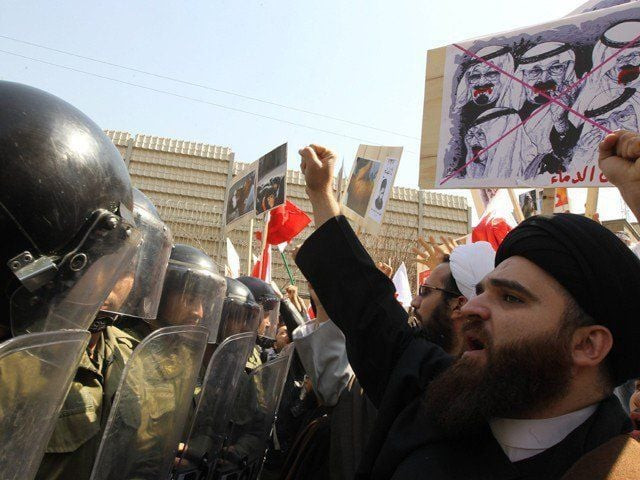
Gulf countries accuse Shia-dominated Iran of meddling in Bahraini affairs. PHOTO: AFP/FILE
A month-long Shia-led uprising rocked the small state in February 2011, taking its cue from Arab Spring protests and calling for political reforms.
Bahrain Sunni opposition leader gets one-year jail term
But authorities quelled the protests, backed by Saudi-led troops from Gulf countries that accuse Shia-dominated Iran of meddling in Bahraini affairs.
"There was never, and there is not today, a demand by the people or the ulema (clerics) for a sectarian state... let alone a one-sect state," the 39 Shia clerics said in a statement.
"The people have always called for citizenship equality... without any discrimination based on ethnicity, colour, religion or sect," they said.
The statement said the people have the right to demand a ruling system "based on a constitution that does not sideline the will of the people".
Bahrain sentences Shia to death, jails 22 from 'terror group'
It also called for the right to have "free elections" in which voters would elect a "parliament with full powers, not controlled by other authorities, and have a say in choosing the government".
Led by Sheikh Isa Qassim, the spiritual leader of the main opposition Al-Wefaq movement, the clerics also urged protection for the freedom to practise religious rites.
"This is a right no believers of any faith can abandon," they said.
Sheikh Ali Salman, the Al-Wefaq secretary general, was given a four-year jail sentence last June for inciting disobedience.
5 Bahrain Shias get life in jail for 'spying for Iran'
Tiny but strategic Bahrain, which connected to regional Sunni powerhouse Saudi Arabia by a causeway, lies across the Gulf from Shia Iran and is home to the US Fifth Fleet.
Despite the crackdown on the 2011 uprising, protesters continue to clash frequently with police in Shia villages outside the capital Manama.


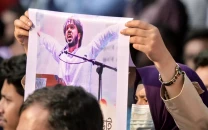

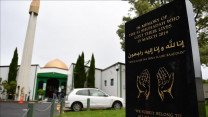
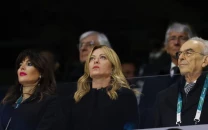
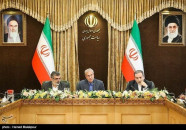












COMMENTS
Comments are moderated and generally will be posted if they are on-topic and not abusive.
For more information, please see our Comments FAQ